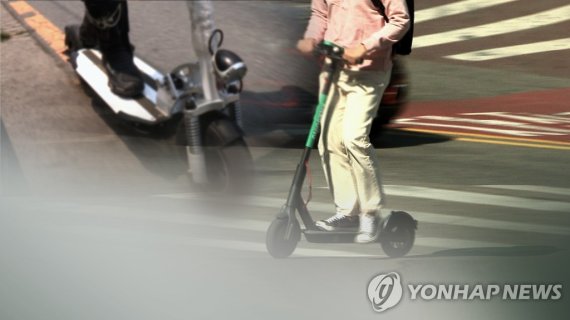Manipulating Accident Details to Receive Insurance Payout... Supreme Court of Korea Rules It Is Deception Even If Eligible
- Input
- 2025-11-03 06:40:35
- Updated
- 2025-11-03 06:40:35

[Financial News] The Supreme Court of Korea has ruled that even if an insurance company becomes liable to pay insurance benefits due to a failure to fulfill its duty to explain, falsifying the cause of an accident and omitting hospital charts in order to receive a payout still constitutes an act of deception.
According to the legal community on the 3rd, the Supreme Court of Korea's Third Division (presiding judge: Noh Kyung-pil, Associate Justice of the Supreme Court of Korea) overturned the acquittal of Defendant A, who was charged with violating the Special Act on the Prevention of Insurance Fraud, and remanded the case to the Jeju District Court.
Defendant A, a branch manager at an insurance sales agency, was brought to trial on charges of manipulating accident details to secure an insurance payout for client B in 2021, even though the conditions for payment as stipulated in the insurance policy were not met.
Client B had purchased Indemnity Health Insurance and Children's Insurance under his son's name. The policy included a clause requiring immediate notification to the company if a motorcycle or Motorized Bicycle was used continuously. A special provision stated that insurance benefits would not be paid for injuries sustained while operating a motorcycle.
B's son failed to notify the insurer in advance that he used an electric scooter and was injured in an accident while riding it. Despite knowing that the insurance payout was not available, the insurance planner submitted the necessary documents to A. A then falsely recorded the cause of injury as 'injured from a fall' and deliberately omitted the initial emergency chart, ultimately receiving a total insurance payout of approximately 2.74 million won from the insurance company.
The first trial court stated, "The defendant's actions constitute a deceptive act that cannot be accepted by social standards," and imposed a fine of 2 million won.
However, the second trial overturned the verdict and acquitted the defendant. The appellate court pointed out that it was unclear at the time of the insurance contract whether electric scooters were included under the definition of motorcycle, and that the policy's application to electric scooters was ambiguous.
The appellate court explained, "The special provision only states that insurance benefits will not be paid for accidents occurring while operating a motorcycle, and the insurer did not fulfill its duty to explain that this also applies to accidents involving electric scooters. Therefore, it cannot be said that the insured was obligated to inform the company of the use of an electric scooter."
However, the Supreme Court of Korea reached a different conclusion. The court ruled, "Receiving insurance benefits by falsifying the cause of the accident and deliberately omitting the emergency treatment chart constitutes an act of deception as defined in the crime of fraud."
The court added, "Even if the insurance company failed to fulfill its duty to explain that insurance benefits would not be paid for accidents involving electric scooters and thus became obligated to pay, this fact alone does not change the assessment."
jisseo@fnnews.com Seo Min-ji Reporter